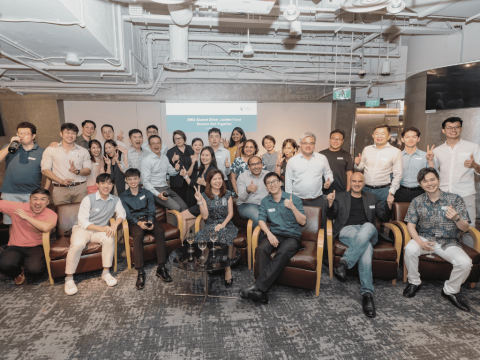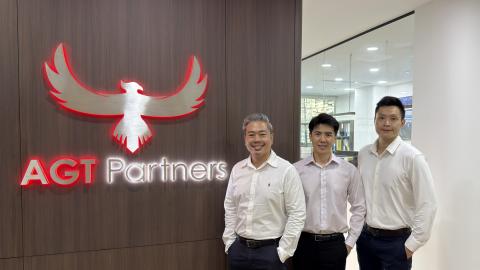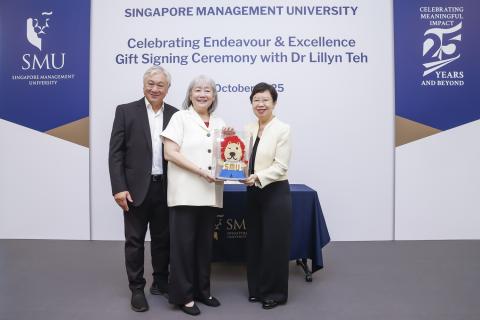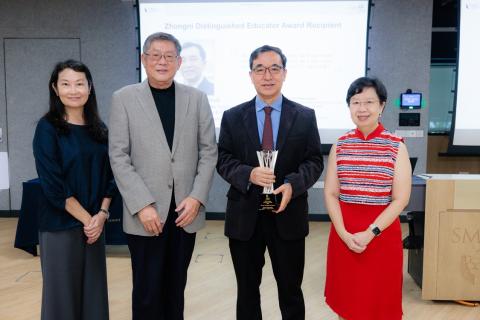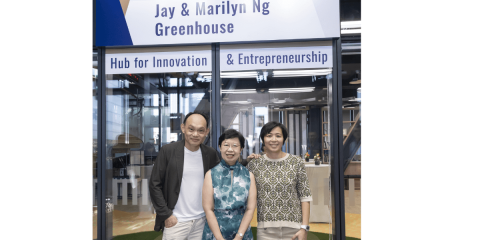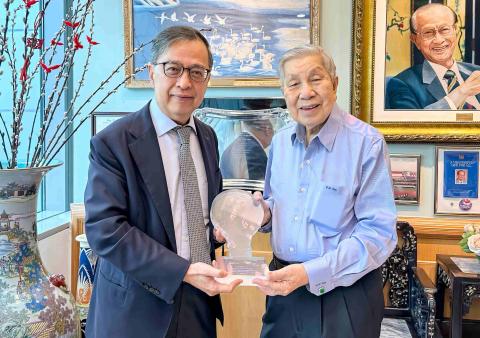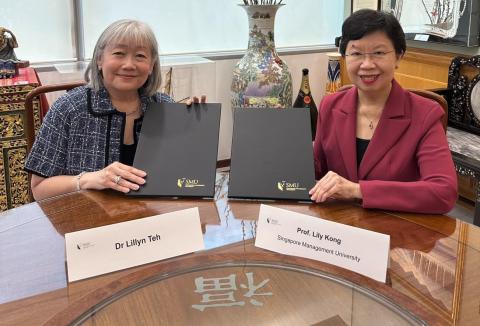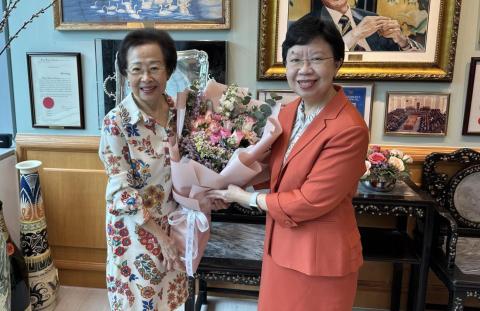2014 Ho Bee Professorship in Chinese Economy and Business: Chinese Governance in the Age of Rising Expectations
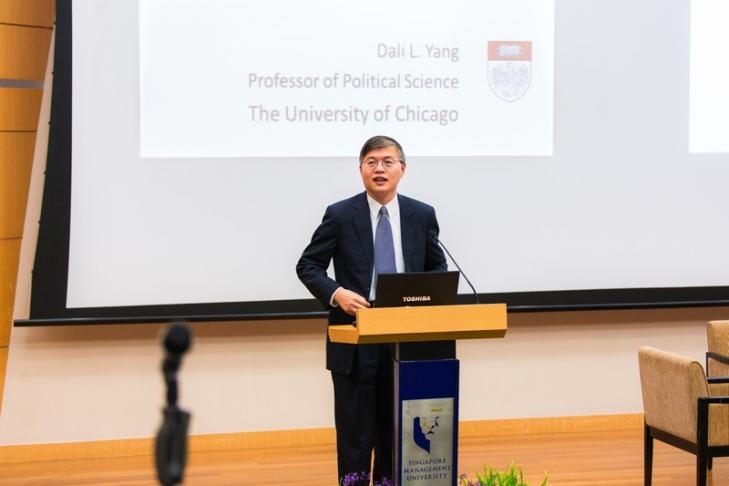
-
In October, prominent Chinese scholar and University of Chicago Professor of Political Science Yang Dali shed light and opened up a whole new perspective on the way we should look at the political economy of China today at a public lecture held in SMU's Mochtar Riady Auditorium.
The 2014 Ho Bee Professorship in Chinese Economy and Business public lecture, themed “Chinese Governance in the Age of Rising Expectations”, attracted some 200 guests on a Tuesday afternoon.
Professor Yang is an authority on how China has managed its thirty-year transition to a market economy and a frequent media commentator on Chinese political and economic issues. His current research is focused on the politics of China's development, particularly risk regulation and governance, and state-society relations.
At the lecture, Professor Yang who is also a prolific author of a number of books that have made a difference in our understanding of China, introduced his audience to the present state of China, highlighting the impressive growth in China's economy. He talked about the unprecedented sense of optimism of the Chinese people about their future which is evident in a survey conducted by Pew Research Centre about worldwide perception of GDP Growth and Optimism about Children's Future, in which China ranked second on the level of optimism about their children's future.
He discussed the leadership style of President Xi Jinping and his administration. China, he said currently has “a form of populist authoritarianism “. Anti-corruption efforts, the evoking of traditional culture and a tough stance against neighbours in territorial disputes, have helped Mr Xi build up his credibility to win popular support.
However, despite rising expectations, Professor Yang shared that many challenges continue to plague China. New issues such as the recent Hong Kong protests continue to emerge every day.
A sentiment echoed by one of two discussants who joined Professor Yang during the panel discussion segment of the public lecture. Mr Peh Shing Huei, News Editor of The Straits Times spoke about the demands of a growing middle class in China and the social challenges resulting from economic growth. Mr Peh who was based in Beijing from 2008 to 2012 when he served as The Straits Times’ China bureau chief cited the example of the sharp increase of the car population not only in Beijing but across many Chinese cities which has in turn created pollution problems. The journalist said the Chinese government need to find the right balance between meeting the expectations and aspiration of its people and managing new problems due to rapid development.
Photo: (L-R) Political sociologist and Stanford University Prof Andrew Walder; 2014 Ho Bee Professor in Chinese Economy and Business Prof Yang Dali; News Editor, The Straits Times, Mr Peh Shing Huei and discussion moderator Prof James Tang, Dean, SMU School of Social Sciences at the Q&A session after the main lecture.]Political sociologist and Stanford University Professor Andrew Walder whose research focus is on Mao-era China also weighed in on the topic of the lecture and discussed whether or not the current Chinese leadership should look into regulatory reforms given that economically things are going well for the Chinese. He believed that given more time, perhaps in another two decades, the Chinese government will be able to fully address many of the issues the country and its people face. Professor Walder was last year’s Ho Bee Professor in Chinese Economy and Business.
Chaired by Prof James Tang, Dean of SMU School of Social Sciences, the discussion also touched on legal reforms in China and the possible ways that they could be put in place. Prof Yang said he would want to see China develop the rule of law and he believes the country is moving in the right direction. Conversely, Prof Yang also brought up the issue of what role law is to play in Chinese governance as President Xi being the vigorous leader that he is has emphasised the need for “putting power in a cage” - that is, making government decisions transparent and the officials who make them accountable for those decisions and to what extent the government will push for that.
The 2014 Ho Bee Professorship in Chinese Economy and Business public lecture series was organised by SMU in partnership with Business China and generously supported by Ho Bee Land Limited.
The Ho Bee Professorship in Chinese Economy and Business is SMU’s first professorial chair to provide the opportunity for a distinguished visiting professor to advance education and research in the area of Chinese entrepreneurship and business within the larger context of the Chinese economy.
[Feature photo: 2014 Ho Bee Professor in Chinese Economy and Business Prof Yang Dali from the University of Chicago presenting the public lecture on Chinese Governance in the Age of Rising Expectations .]
